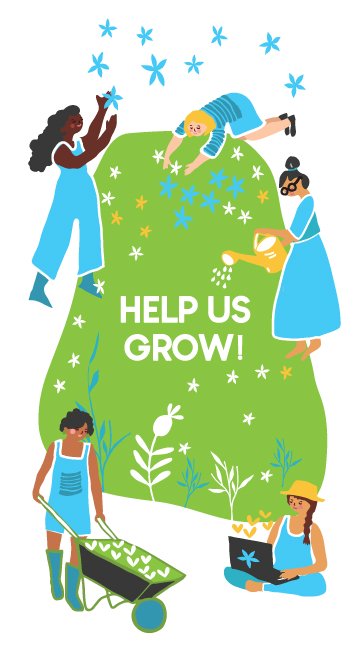By Sahita Pierre-Antoine, YWCA of Haiti
I must have been seven or eight years old when my mother sat me down for the “sex talk”. I started to develop breasts very early so I think it was her way of preparing me for the changes that would soon occur in my body, and the unwanted attention it would bring. By the time I was 10 years old and got my first period, I was the proud owner of multiple books on puberty, sex, and sexuality, made specifically for pre-teens.

L’encyclo de la vie sexuelle (Encyclopedia on sexuality and reproduction) 7-9 ans, Editions Hachette Jeunesse
Unfortunately, this type of open discussion about sexual education and sexuality is not very common. Because of various religious and cultural reasons around the world, these topics are still taboo, especially for young girls to discuss. It is often difficult to find comprehensive sexual education curricula at schools – if that subject is even taught at all. Some countries are more progressive than others, opening up the discussions at an earlier age. For example, in the Netherlands, sexuality education begins in kindergarten where toddlers are taught about respecting others’ bodies and knowing that no means no. In other countries, like in the United States, the debate between comprehensive sexual education and abstinence-only programming is never-ending.
Here in Haiti, sexual education is often non-existent. Some parents refuse to discuss it with their children and teenagers in fear of inciting their curiosity and leading them to “play mom and dad” before the “right” time. Masturbation and pre-marital sex are considered sinful; but our high rates of teen pregnancy reveal the reality of the matter. Both public and private schools often take an abstinence only approach, stick to the basics of human anatomy, or don’t talk about it at all.
However, in the past few years, the Ministry of Education has opened the discussion on integrating sexual and reproductive health education in the national curriculum, recognizing that “education will lead to deconstructing sexist gender biases, and to fight against the violence and the discrimination that they provoke in our society. Nowadays, the sexual education classes offered in some Haitian schools always and only focus on reproduction and preventing sexual transmitted diseases. However, [sexual education] must be discussed in all its aspects…” Sadly, no apparent progress has been made on that front. To bridge that gap, many local organizations have stepped up to provide peer education programs designed specifically for and with youth.
Blocking the right to knowledge and information about our bodies, safe sex and contraceptive methods, about consent and respecting boundaries is a great disservice because it removes our ability to make informed and conscientious decisions about ourselves, our physical, mental and emotional health. Knowledge is power, and power over one’s own body is a right! Including comprehensive sexual education in school or opening the discussions in after-school programs and in community centers is an important step towards reducing early and teen pregnancies, clandestine and unsafe abortions, and sexually transmitted infections. More importantly, it allows for a generation of young people to be conscious of the decisions around their bodies and their sexualities, therefore increasing healthy and consensual relationships.
“L’éducation sexuelle grande absente des écoles et de la famille haïtienne .” Le
Nouvelliste 3 July 2013. (http://lenouvelliste.com/lenouvelliste/article/118415/
Leducation-sexuelle-grande-absente-des-ecoles-et-de-la-famille-haitienne.

Source: addictinginfo.org
Until comprehensive and inclusive sexual education is offered in schools, we must continue to fervently support youth programs and service providers, and advocate at the community and national level.
Dear readers, what are your experiences and thoughts about comprehensive sexual education? Do you remember your first sex talk? What do you think are the best strategies to fill the gaps in sexual education?





